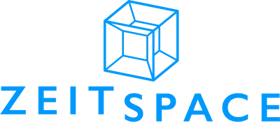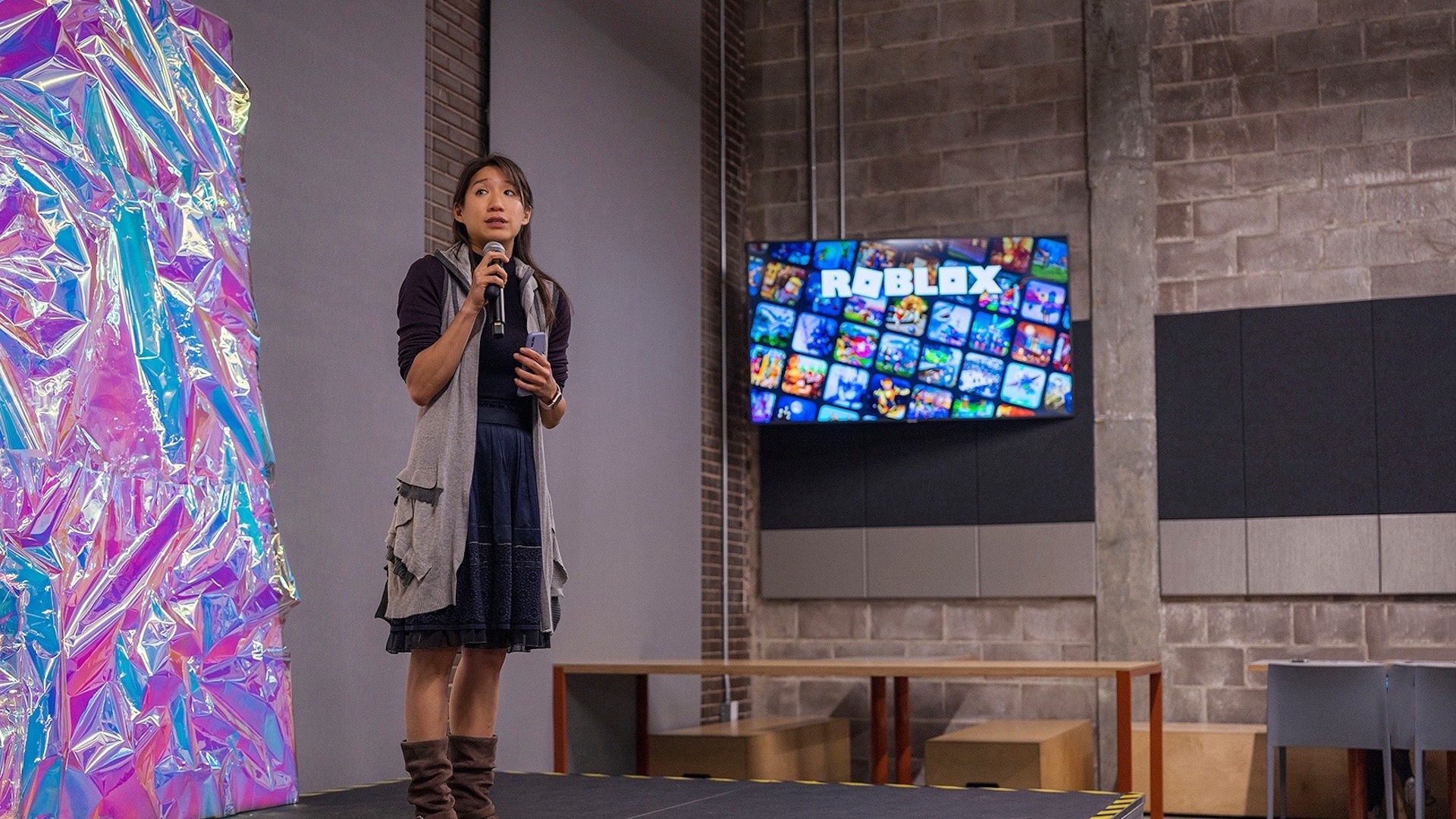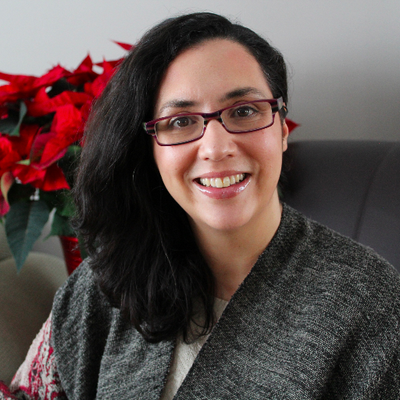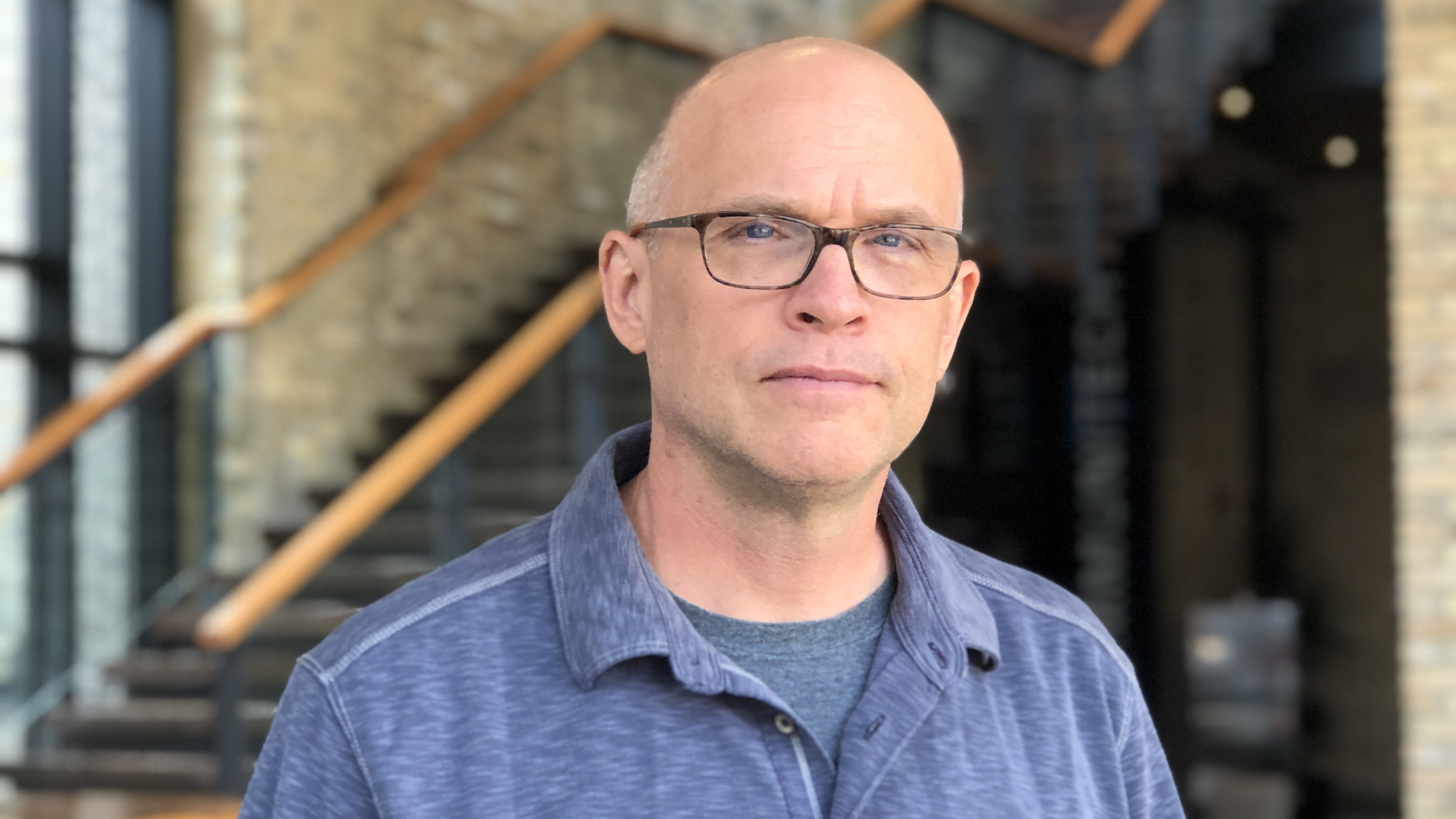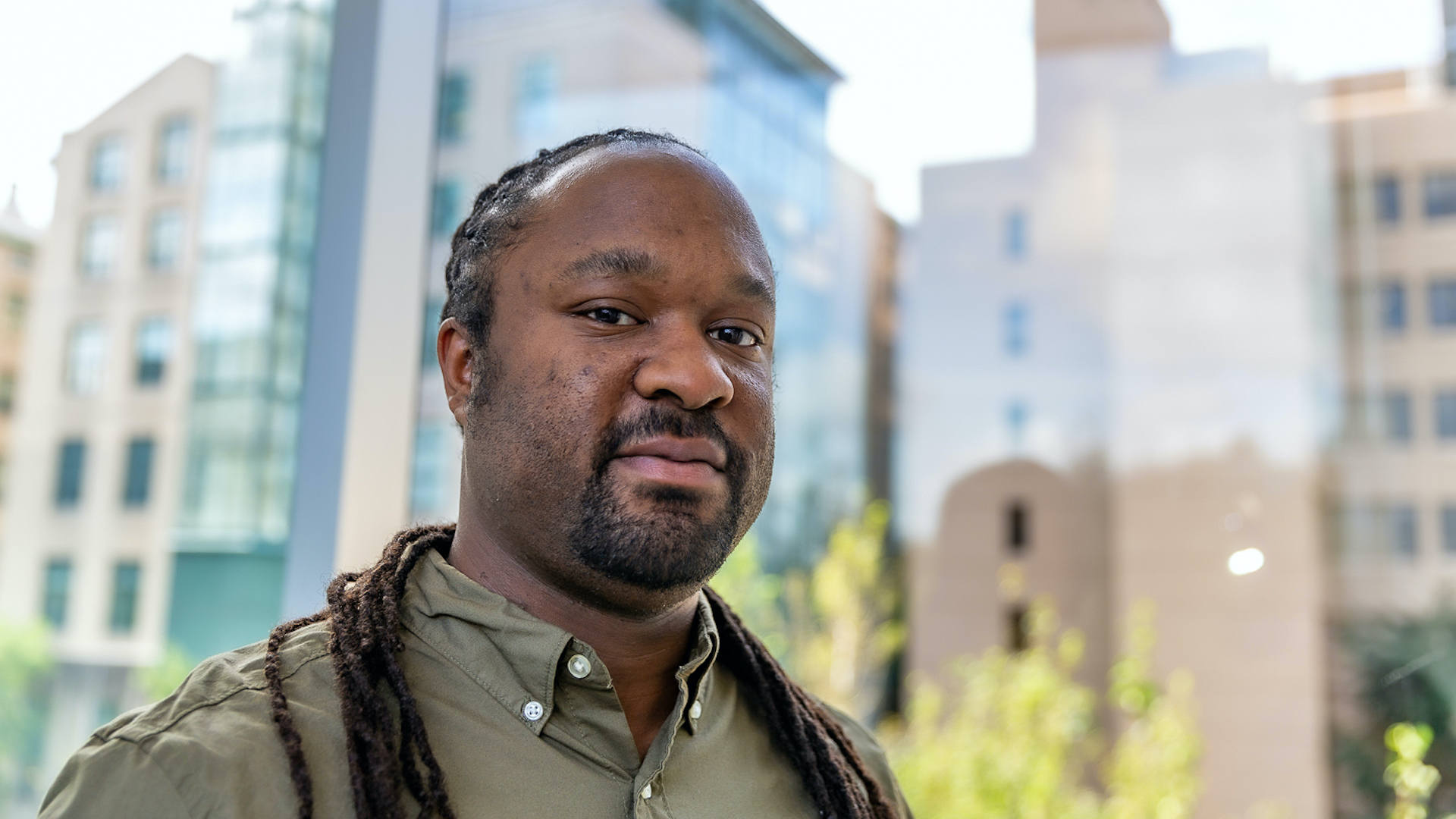You’d be hard-pressed to find any upsides to the pandemic. At work we’re struggling to reinvent the office in our virtual spaces. And it can be hard to find that sense of belonging (while also not burning out). But for Carina Ngai, who helms design at MetaLab, an interface design firm based in British Columbia, the pandemic has given her space to reflect on design’s big issues when she’s not head-down working on a project.
“I do feel like the pandemic has rewired us in many ways, in better ways,” said Ngai. Not only have we learned to be more productive, but we’ve also learned that time isn’t a way to measure productivity, she said.
So while Ngai still spends time on focus work and in meetings, she’s also spending time thinking deeply about design issues and connecting with people who can help her think through them.
“For someone who is a self-starter, who is more interested in thinking about the world instead of producing outcomes, I think this is actually a great time for us to be in (work-wise),” said Ngai. “We are making our own schedule and redefining our work.”
As part of our ongoing series about how UX researchers and designers are adapting their work to a remote world, Zeitspace’s Kelly Pedro talked to Ngai about tools that help keep her team connected, reframing her work day, and the metaverse.
I'm curious about how the pandemic has changed how you've approached your work as a UX designer?
Well, of course we don't see our colleagues in person anymore and everything is remote. So you rely on more tools to communicate. There is no more serendipitous moments where you just tap on someone's shoulder or just pass by and say, ‘Hey, what's going on? What's your project?’ or, ‘What are you working on? Can you show me?’ You don't get that spontaneity anymore. I try to replicate some of these moments such as having collaborative work time or, ‘We're designing this thing together during this time feel free to join us.’ And people would just jump in on the file and just kind of talk through what they're working on or work in silence, or just listen to music together. And then once in a while someone would just pop up and say, ‘Hey, can you guys check out my screen?’ So there'll be like coworking time where people can kind of jump in and out.
It worked a little bit in the beginning, but I think people are also getting very burnt out by so many meetings. So that just becomes something more optional and I'm seeing fewer participants now. So those meetings kind of get converted into more like connection time where people just talk about their life or talk about what they're doing this weekend. Those conversations actually seem more useful than actual work because we just don't have moments of connections anymore. And it's actually pretty detrimental to a team's health when people do not feel connected.
I feel like having time for people to talk about things other than work is actually really important to make the team productive and motivated. My current workplace is very conscious about that as well. So some of the stuff that we've done is give employees a day off, give them long weekends and give them stipends so that people could just go and spend money, whatever they want — go to a spa, go hiking. They would organize group hikes and post pictures in the channel. So that's a great way for other people to see it and be like ‘Okay, there is some humanity here, I've I feel like I'm part of this again.’ We're losing the sense of belongingness in this pandemic.
Which tools are you using now that you maybe weren't before?
I think tools are just tools. None of these tools really stand out to become like the golden thing to use. Now it's just kind of filling the gaps that we have. So for example, we are using Loom a lot, and that is a tool to do asynchronous videos. At the end of the day, we record a little Loom and designers will be like, ‘This is where I'm at right now. This is my Figma file. This is how I approached the problem.’ And sometimes because my team also works across different time zones, we don't have to necessarily have a meeting on things together. So we can just watch other people's Loom and catch up on things. So that is a great tool to have.
Another one is (whiteboarding tool) Miro. Miro has been a pretty frequent tool that we use in the company because that's how we do workshops. That's how we brainstorm. That's how we collect ideas.
And then for designers, of course, Figma. Figma has been implementing a lot of really great features, such as the audio only features. And at first we were like, ‘Who wants to use the audio only feature?’ And it's actually so much easier when you're on the file, working on things and you just click on the button and you can hear other person talking, even if it's just, ‘I don't know where this thing should go. What do you think?’ And the other person can join. So it's really great.
It’s interesting that all of the tools you've mentioned are really another way to create connection on your team. So it’s interesting that they sort of almost serve a dual purpose.
Yeah, that’s right. I think, for example, in order to cut down on meetings, we try to use Loom more so people don't have to attend meetings and they can watch it again if they want to. There are ways that we can be more productive now that we're working remotely. So I do like how everyone is being more conscious about our productive time and focus time. And I don't know if you ever use Clockwise. Clockwise is a tool that we have implemented in our calendars so that when someone has scheduled a meeting with you, Clockwise would try to make a block of your time focus time every day. So you get at least two or three hours of focus time and the tool would try to reschedule meetings for you.
We talked a little bit about how the pandemic has changed how you've approached your work. I'm curious about how you've adapted to that change with your team and what you're seeing there.
I think my work hours are more dispersed now, instead of like, let's say nine to five in the office right now, it could be 9 a.m. to 10 p.m., but I work in blocks. So maybe in the afternoon, I just want to take my dog out for a walk and I will feel completely okay, because I’ll come back and make up the time. Or you don't really think of work in hours anymore. You just think of whether or not you feel like you’ve completed all your tasks for the day, or are you ready for the next day. It's a very different mentality of finishing your work because sometimes you can work 10 hours and you still feel like you’re not caught up. Sometimes you do one hour and you're like, ‘I'm done for the whole month.’ The notion of completeness is being redefined.
That's a good point and I guess that could be both good and bad. If you're one of those people that has a tendency to feel like you're never done then it could also feel never ending.
It's true. I mean, I think that's when you want to reconnect with your team or colleagues and have these one-on-ones to make sure you have this calibrated right.
So is there anything you wish you knew that you didn't when the pandemic began?
I do feel like the pandemic has rewired us in many ways, in better ways. We are learning to be more efficient. We learned to be more productive and we learned that time is not a way to measure your productivity. Like for downtimes when I'm not really working — working, meaning producing outcomes — I'm actually thinking about issues I care about or thinking about a domain space I'm really interested in, or I would reach out and connect with people that I think could help me with this issue. So I think it benefits people who are more reflective. And I think for people more junior, for example, or someone who just graduated from a program and just entered the workspace, it may be more difficult for them because they need more guidance and it's hard to get the guidance remotely.
So I can see learning can be more difficult, but for someone who is a self-starter, who is more interested in thinking about the world instead of producing outcomes, I think this is actually a great time for us to be in (work-wise). We are making our own schedule and redefining our work.
Is there something you'll keep doing as part of your practice that you started during the pandemic?
Yeah, I think we will never ever go back to the pre-pandemic level (of working in an office). People have priorities now and they realize that those priorities shouldn't be dictated by companies that ask them to be seat warmer. And I feel like there are a lot of good practices we've learned during this time. The only thing missing is really the human connection. And once we can solve that, either by having in-person meetings every once in a while or having a collaboration workshop or something like that, there is no need to really be in the office with a group of employees together. I don't really think that's necessary anymore. And then of course, the metaverse is going to be able to help us with these moments as well.
Everyone wants to have a piece of the metaverse. Roblox is building out this metaverse and it is really just a collection of virtual experiences that crosses physical, online, and virtual worlds. They all mingle together into this gigantic world. And, you know, a person can enter the space as an avatar or a digital identity, and float between the space and experience different things. You can see a lot of companies are trying to pull in a lot of resources to create that.
How do you think that will change interactions going forward then when you have teams that are potentially working in distributed spaces? Do you see that as a way for employees to connect in that sort of space?
Yeah. So for example, you can create events on the platform where you enter as an avatar online, but you're actually joining a meeting, or you're joining a Christmas party or a birthday party. You're not just playing anymore. So imagine that we're not really trapped in this video screen like we are in Zoom, but we are represented by all these 3D characters and it’s a more fun and immersive experience. And I think that's what Facebook is trying to create.
Miss a story in our series? Catch up on how UX designers and researchers have adapted their work during the pandemic now.
This interview has been edited for length and clarity.
